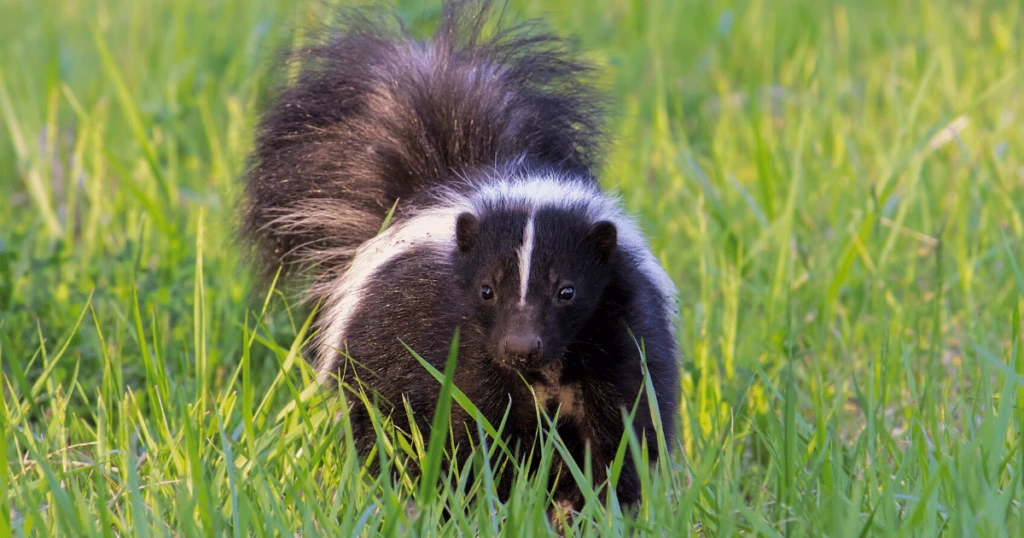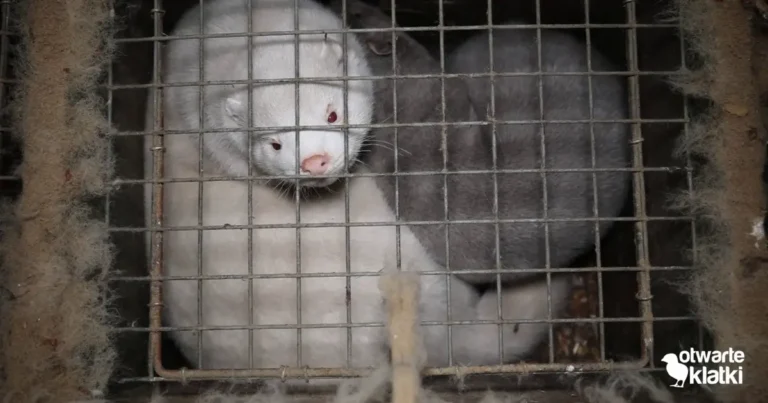
Photo by Romeo Andrei Cana / Getty Images
Pepé Le Pew would be aghast. The Alberta Institute for Wildlife Conservation has nearly 50 kits in their care – most of whom arrived after their mothers were trapped and killed.
The Rocky View Weekly reported that the 45 kits have arrived primarily as orphans after human intervention, likely due to unnecessary fear from property owners. While striped skunks can put up a stink, they’re sentient, social animals who play a significant role in ecosystems. And that’s why The Fur-Bearers put together five facts you need to know about skunks in your neighbourhood.
- Skunks are carnivores. The diet of most skunks is based on seasonably available prey – insects and bugs during the spring and summer, and small animals in the fall and winter. Their technical classification, of course, doesn’t mean they don’t enjoy the occasional berry or leaf in the fall. But like many urban mesopredators, they’re opportunistic and will take a quick snack from a garbage heap if it’s available.
- Their stinky spray isn’t a weapon, it’s a warning. Like many smaller animals, the skunk’s weapons are about self-defense, not offense. The organic Sulphur-compound they eject from two small glands (known as a musk) would indicate they taste bad – and predators should stay away.
- Their spray is a last resort. Skunks will avoid conflict, and most frequently choose flight over fight. But when they do feel threatened, they will hiss, growl, stamp their feet, walk backwards, and raise their tail over their heads to display their smelly bits before they use their spray, because…
- It takes 10 to 12 days to replenish their stinky supply. The natural production of their spray isn’t quick, and it can take nearly two weeks to make enough for a few shots.
- Skunks are pretty easy to keep away. As nocturnal animals who avoid conflict, using motion sensitive lights and sprinklers are excellent ways to keep skunks out of a garden or yard. Additionally, take care to seal small openings under decks, sheds, or other areas that a skunk may see as a potential den (learn more in our Living With Wildlife: Small Mammals section).
Skunks can be smelly – but they’re just trying to get along in the world, the same as we are. Most of the time, skunks will pass through properties and you’ll never know they were there. Please, consider the compassionate choices and learn to live with skunks – after all, they’ve learned to live with us.
